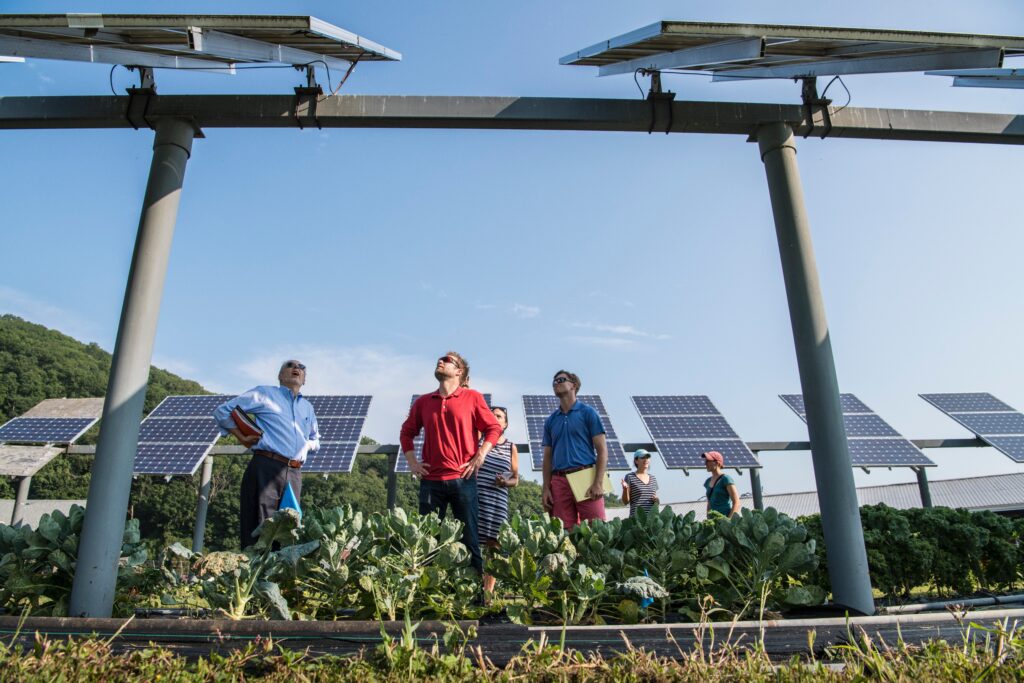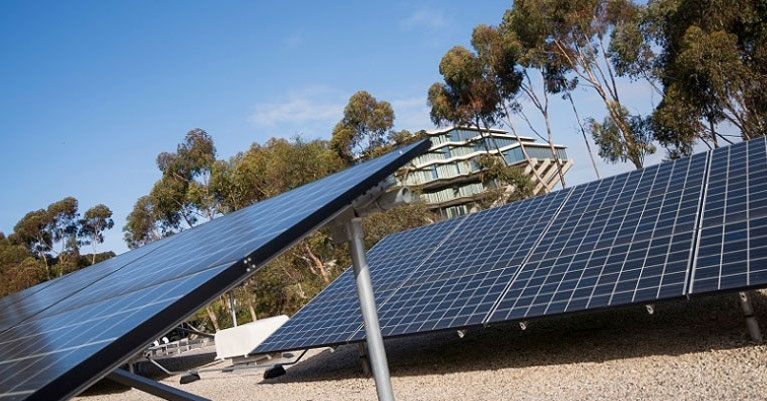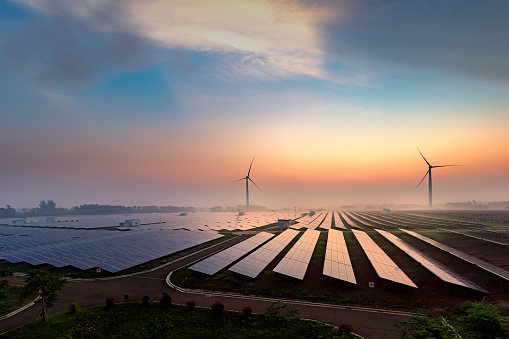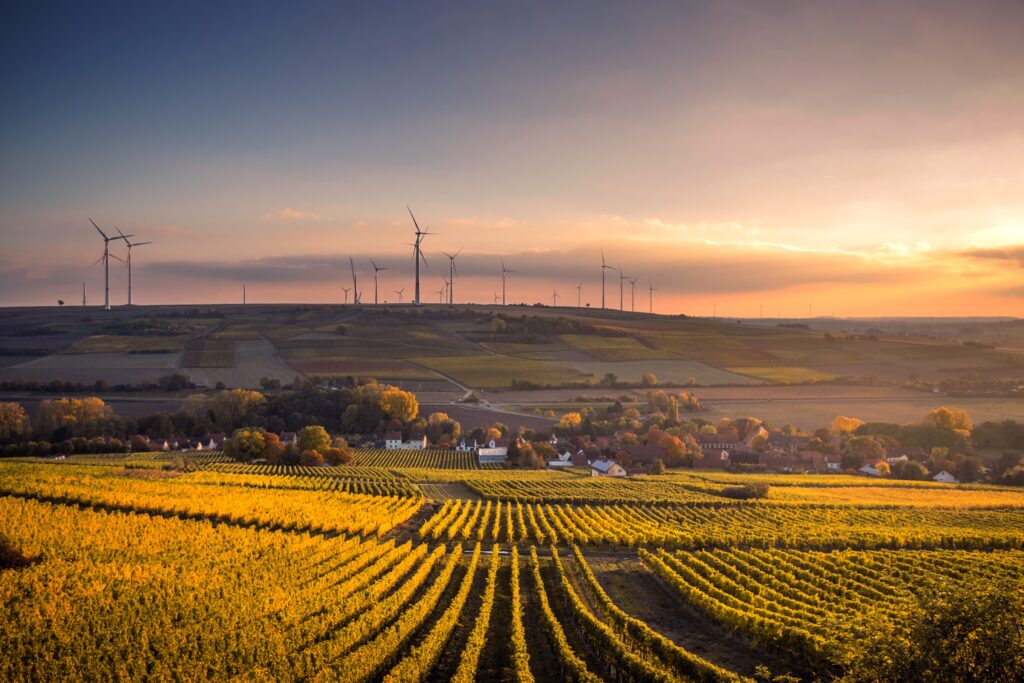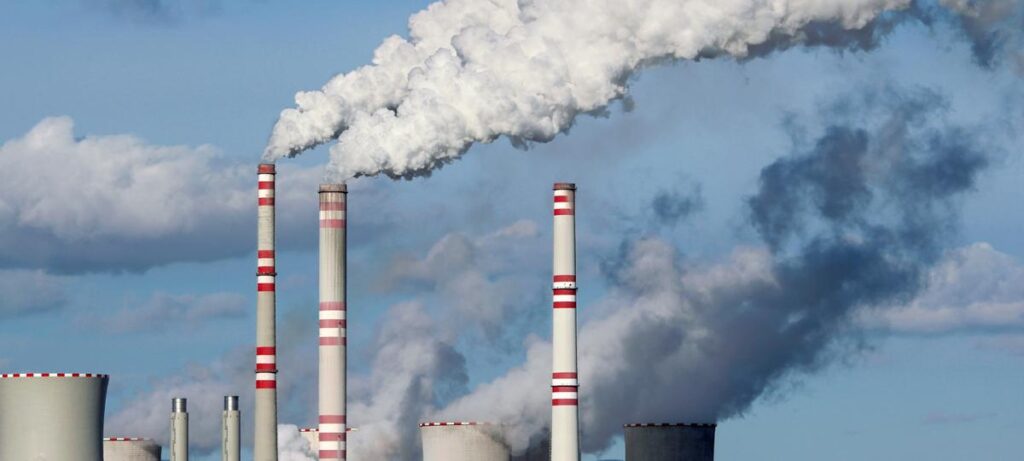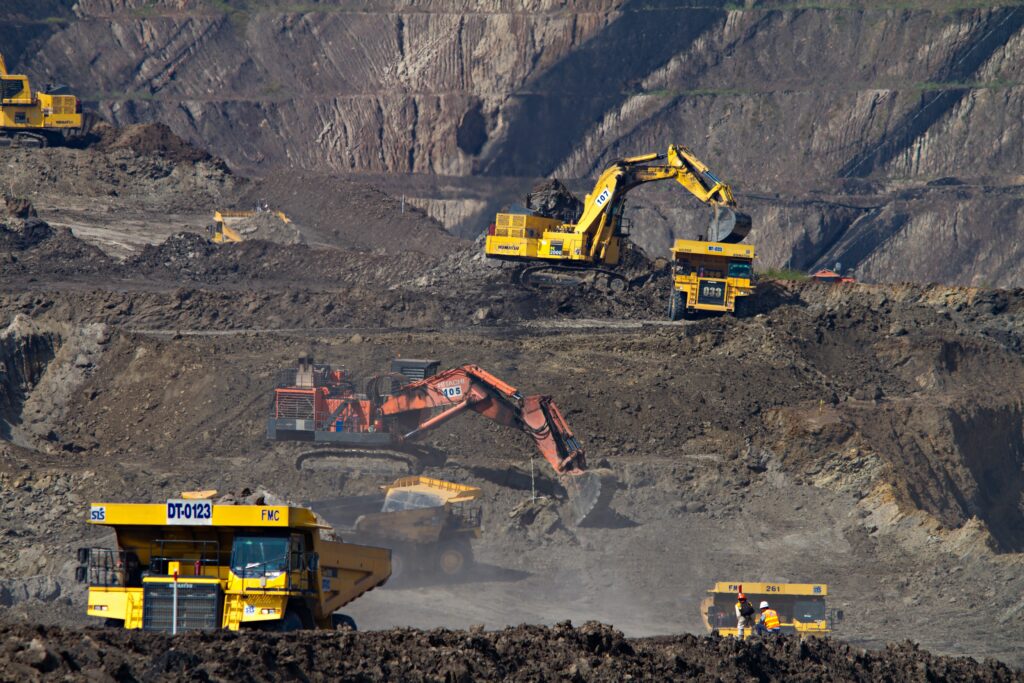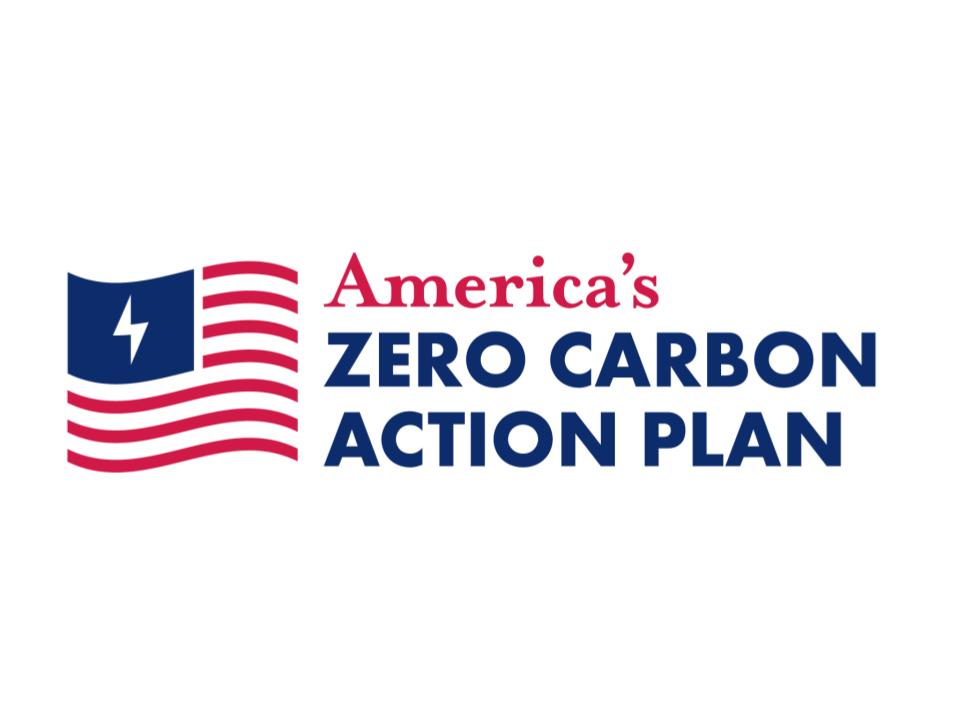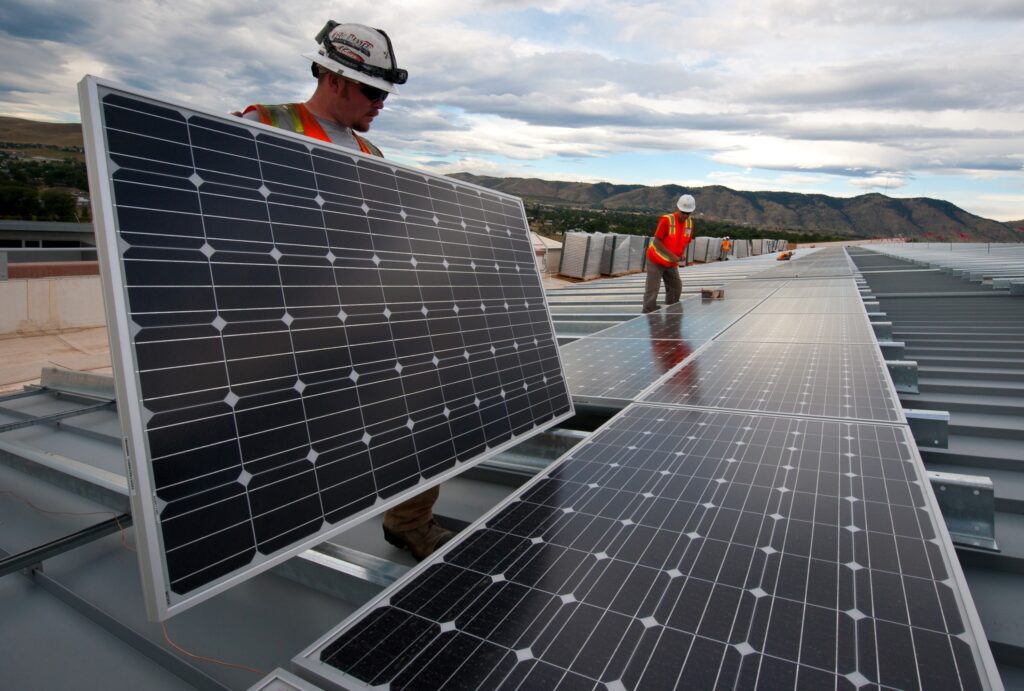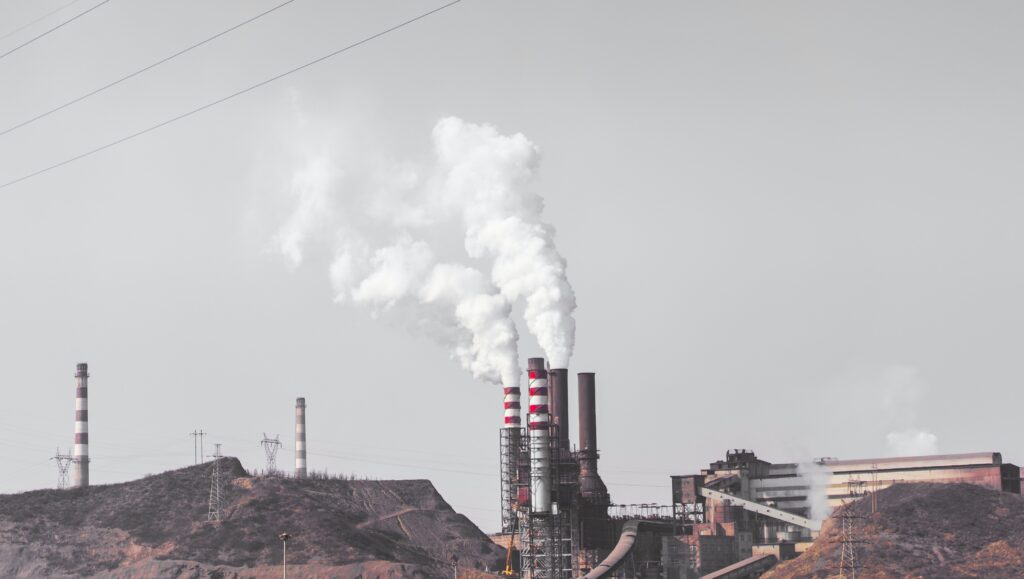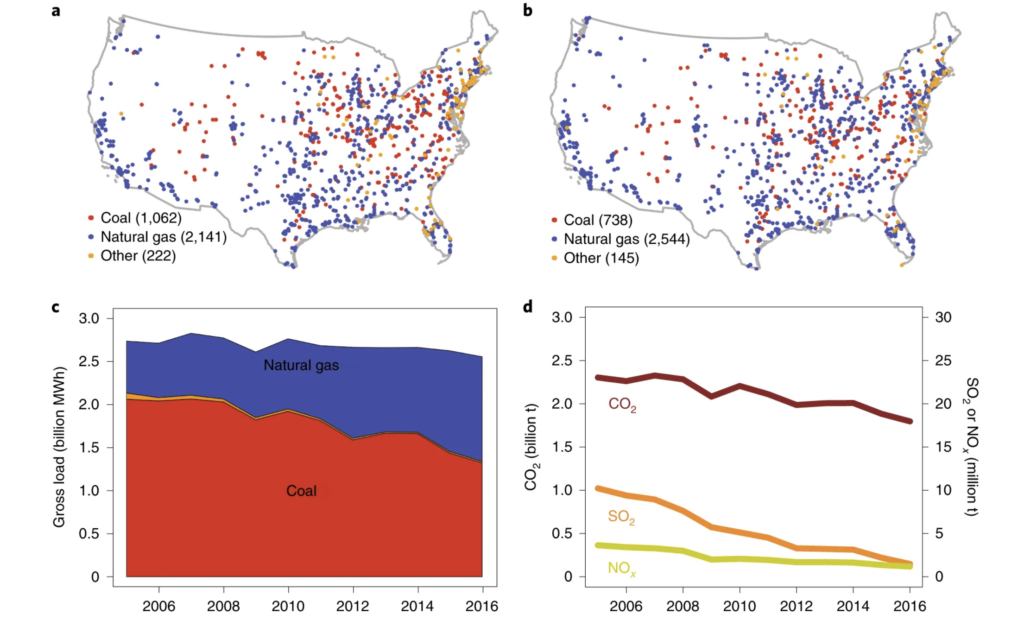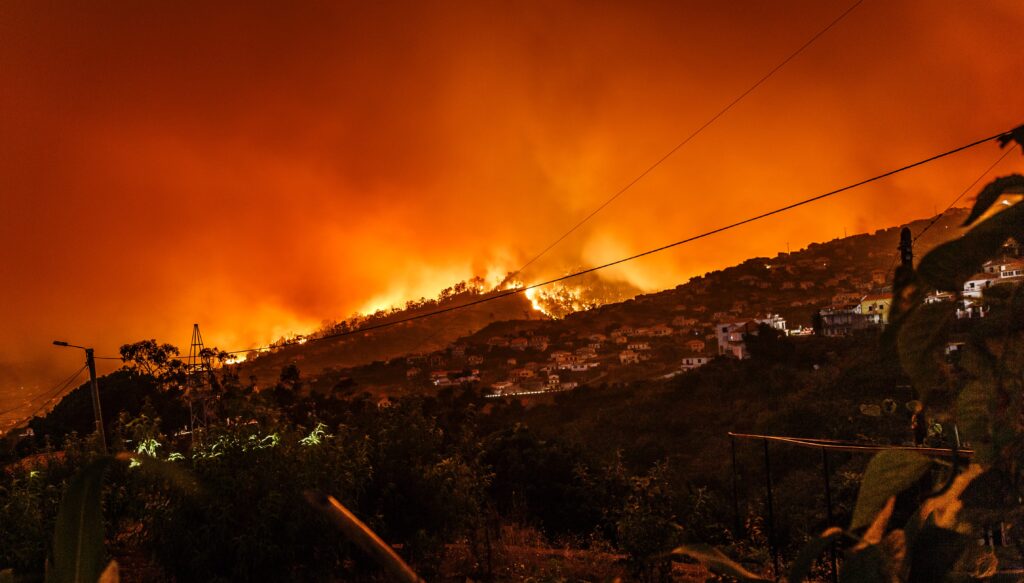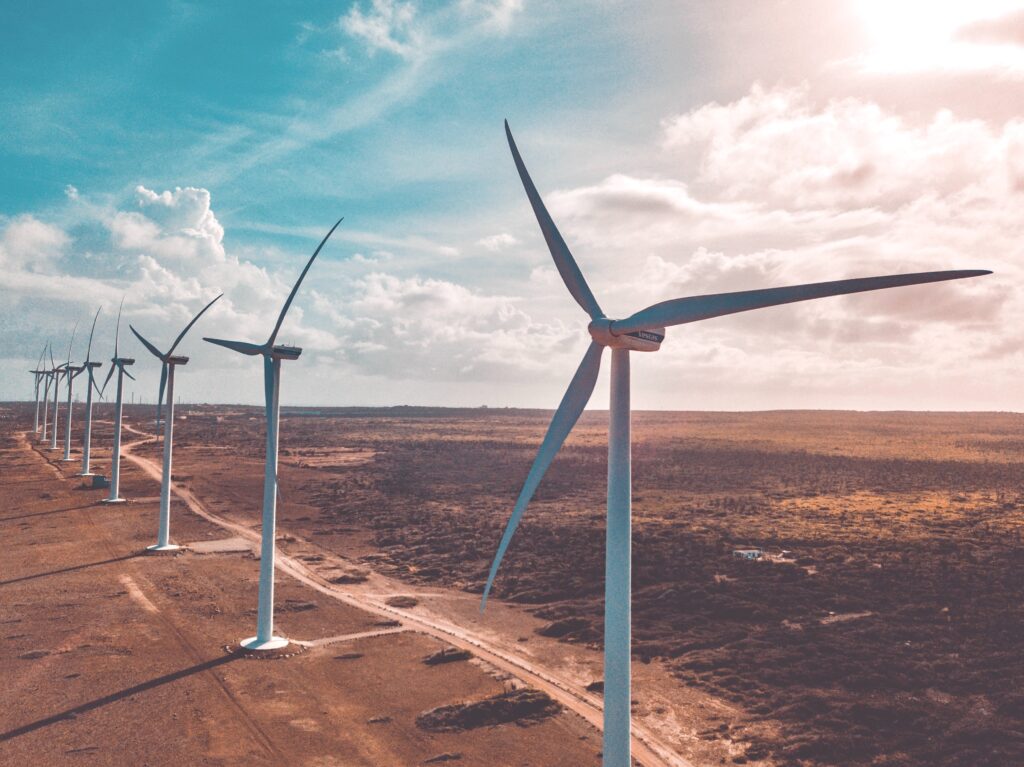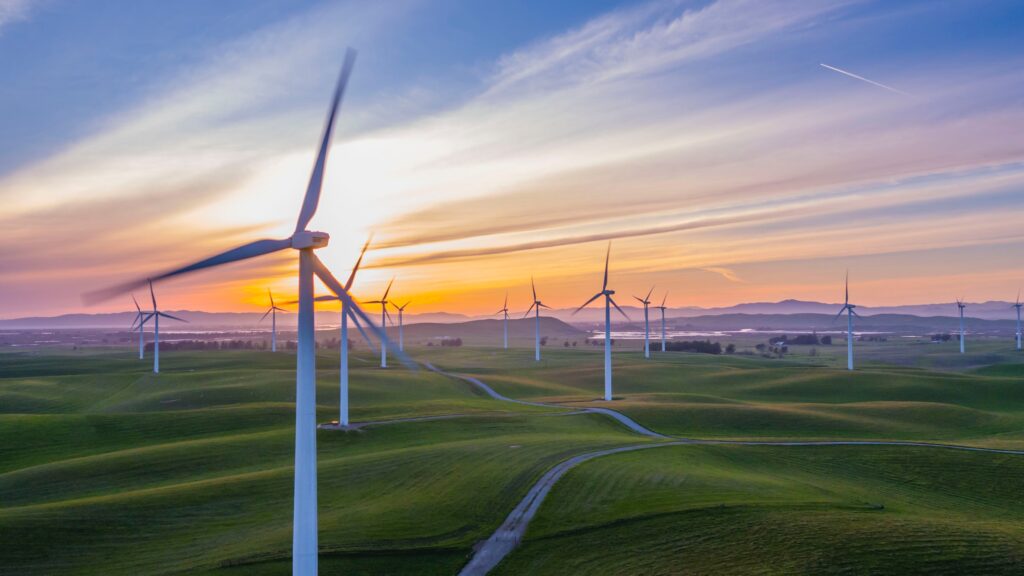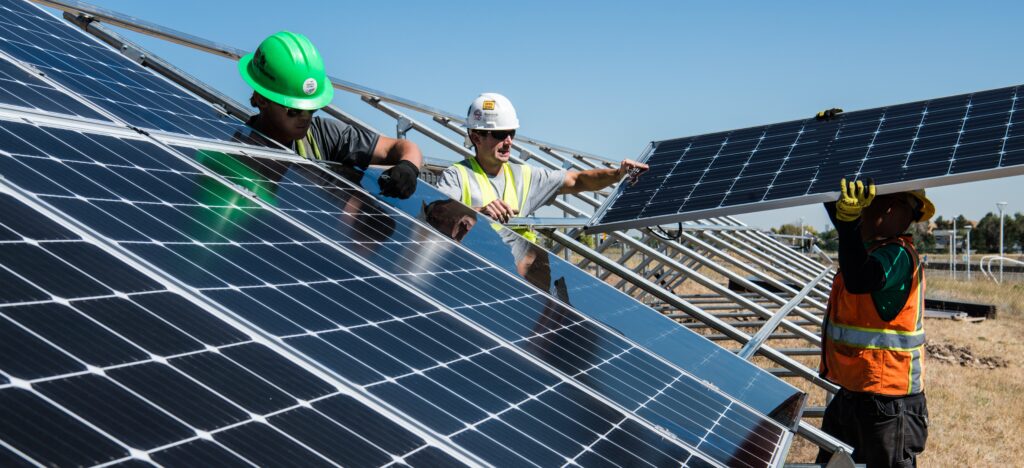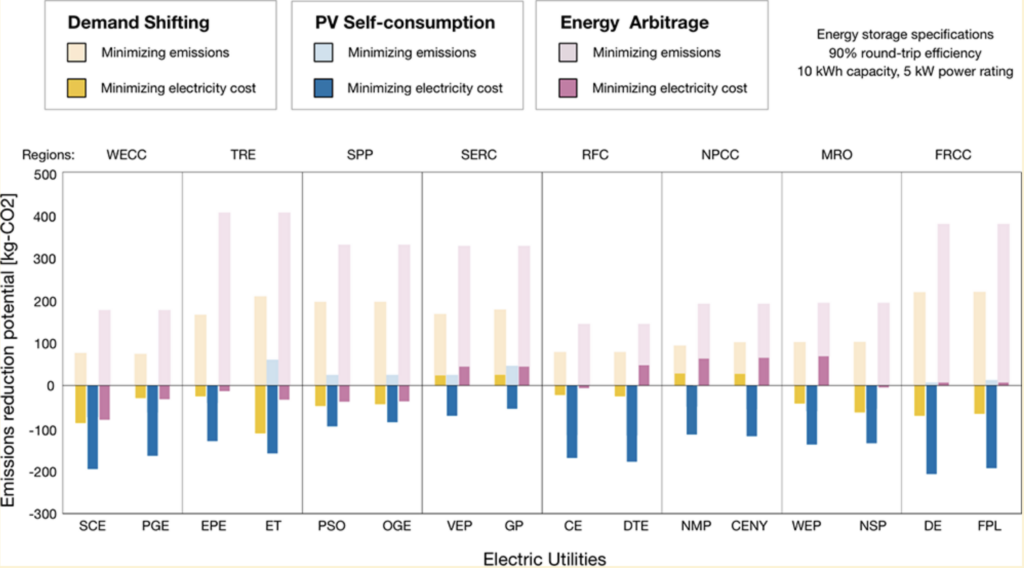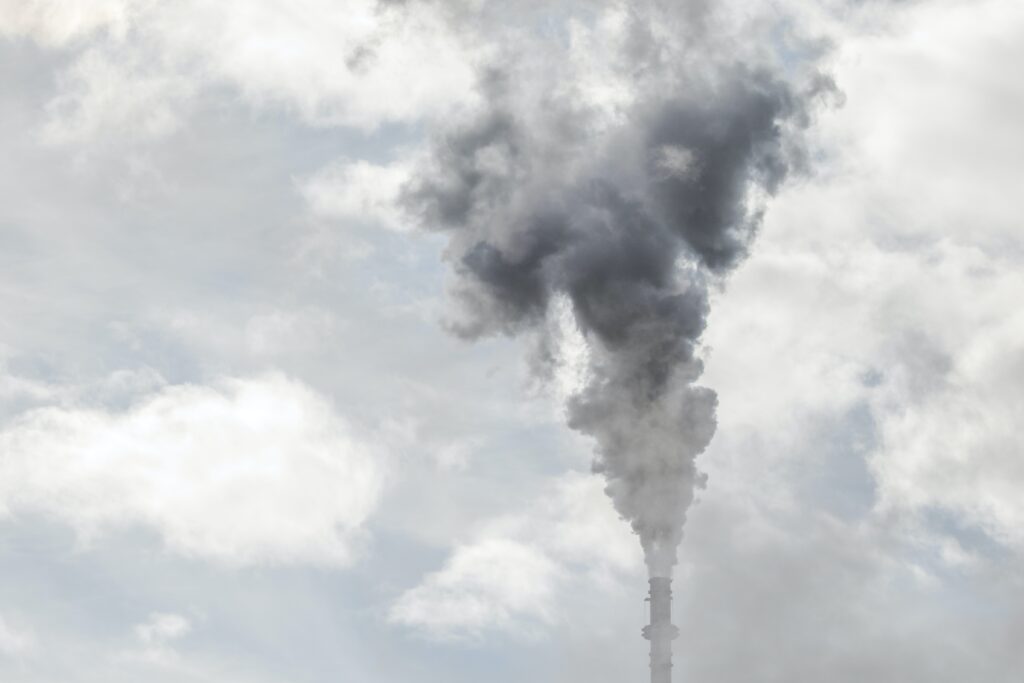In order to achieve zero carbon emissions, the US will need a plan. SDGPI is part of a coalition of the nation’s leading experts who have laid out the path forward to reach zero carbon emissions in the United States by 2050. Watch the Launch Read the Report Climate change represents a profound policy challenge to America and the world – requiring a response at a sweeping scale and with unprecedented speed centered on remaking the energy foundations of…
SDG 7
Access to electricity in the poorest countries has begun to accelerate, energy efficiency continues to improve and renewable energy is making gains in electricity sector. Despite this progress, some 800 million people remain without electricity while access to clean cooking fuels and technologies needs dedicated attention. In addition, if Sustainable Development Goals 7, 13 and related Goals are to be met, much higher levels of ambition are required with regard to renewable energy, including transportation and heating.
Recent research at the School of Global Policy and Strategy
The mission of the UC San Diego Deep Decarbonization Initiative is to help guide a transition in the global economy toward net-zero carbon emissions. Our aim is to help real societies link the best science and technology with politically realistic economic strategies for putting new energy systems into place on the scale required to make a difference in global carbon emissions while meeting the energy needs of all of humanity. To accomplish this goal, we pursue research from the…
In order to achieve zero carbon emissions, the US will need a plan. SDGPI is part of a coalition of the nation’s leading experts who have laid out the path forward to reach zero carbon emissions in the United States by 2050. Watch the Launch Read the Report Climate change represents a profound policy challenge to America and the world – requiring a response at a sweeping scale and with unprecedented speed centered on remaking the energy foundations of…
In order to achieve zero carbon emissions, the US will need a plan. SDGPI is part of a coalition of the nation’s leading experts who have laid out the path forward to reach zero carbon emissions in the United States by 2050. Watch the Launch Read the Report Climate change represents a profound policy challenge to America and the world – requiring a response at a sweeping scale and with unprecedented speed centered on remaking the energy foundations of…
The Regional Decarbonization Framework (RDF) anchors the San Diego region in emerging best practices from across the nation and globally. It charts science–based, feasible pathways toward expeditious deep decarbonization, proposing a paradigm shift in our local economy. The scale and pace of this effort will require partnerships between public and private sectors, particularly, business, labor and environmental communities. The input from these numerous stakeholders not only shaped the RDF itself, but initiated many of those collaborative efforts needed for…
In order to achieve zero carbon emissions, the US will need a plan. SDGPI is part of a coalition of the nation’s leading experts who have laid out the path forward to reach zero carbon emissions in the United States by 2050. Watch the Launch Read the Report Climate change represents a profound policy challenge to America and the world – requiring a response at a sweeping scale and with unprecedented speed centered on remaking the energy foundations of…
The FABLE Consortium has released its 2020 Report on Pathways to Sustainable Land-Use and Food Systems. Explore the latest trends in food and land-use with the new ‘Scenathon’ dashboard. Visit the FABLE Consortium Explore Scenathon Read Report Overview FABLE is a global consortium with teams of scientists in 20 countries modeling land use to 2050 in an integrated framework. Land use and land use change accounts for 23% of GHG emissions globally, biodiversity loss is accelerating at alarming rates, and…
Zero Carbon Action Plan
In order to achieve zero carbon emissions, the US will need a plan. SDGPI is part of a coalition of the nation’s leading experts who have laid out the path forward to reach zero carbon emissions in the United States by 2050. Watch the Launch Read the Report Climate change represents a profound policy challenge to America and the world – requiring a response at a sweeping scale and with unprecedented speed centered on remaking the energy foundations of our society. The move to a clean and renewable energy future must be advanced at the same time America works to recover from the most serious pandemic in a century and the parallel economic collapse triggered by COVID-19. The Zero
2024
Achyuta Adhvaryu
This paper investigates the health impacts of fossil fuel-driven energy production by exploiting a unique Colombian electricity pricing policy. This policy triggers increased thermal energy production when wholesale electricity prices exceed a pre-determined scarcity price, resulting in heightened local pollution levels. Comparing municipalities near high-capacity thermal plants to those near low-capacity plants, the study reveals a significant increase in cardiovascular-related emergency room mortality (56%) and respiratory-related morbidity (9%) in areas with heightened thermal energy production. These findings translate into substantial health costs, estimated at 996 million USD, considering lives lost and increased healthcare expenditures. The study’s focus on Colombia contributes valuable insights into the health consequences of fossil fuel-based energy production in lower-income countries, shedding light on the global
Michael Davidson
Wind energy resource estimates commonly depend on simulated wind speed profiles generated by reanalysis or weather models due to the lack of long time series measurements with sufficient coverage at relevant heights (roughly 90 m above ground). However, modeled data, including reanalyses, can be noisy and display a wide range of biases and errors, variously attributed to terrain effects, poor coverage of assimilated inputs, and model resolution. Wind generation records, if available at high temporal and geographical resolution, can provide a proxy for wind measurements and allow for evaluation of reanalyses and weather model wind time series. We use a 7-year-long data set of hourly, plant-level generation records from over 100 wind plants across Texas to evaluate two commonly used
2022
Michael Davidson
Global coal use must be phased out if we are to minimize temperature increases associated with climate change. Most new coal plants are being built in the Asia Pacific and rely on overseas finance, with Indonesia and Vietnam the leading recipients. However, the politics of coal plant finance are changing, with many proposals cancelled in recent years. This article explores the factors that led to coal plant cancellations in Vietnam and Indonesia. Based on new data of coal plant finance and elite interviews, we find fuel switching, public opposition, and national planning were the dominant reasons for cancellations in Vietnam, while Indonesia’s reasons were more diverse. Vietnam also had a larger number of cancellations than Indonesia, the latter of
David Victor
Traditionally, analysis of the costs of cutting greenhouse gas emissions has assumed that governments would implement idealized, optimal policies such as uniform economy-wide carbon taxes. Yet actual policies in the real world, especially in large federal governments, are often highly heterogeneous and vary in political support and administrative capabilities within a country. While the benefits of heterogeneous action have been discussed widely for experimentation and leadership, little is known about its costs. Focusing on the United States, we represent plausible variation (by more than a factor of 3) in the stringency of state-led climate policy in a process-based integrated assessment model (GCAM-USA).
David Victor and Gordon McCord
The Zero Carbon Action Plan (ZCAP) will serve as a roadmap for the U.S. based on the latest modeling, research and understanding of decarbonizing six key sectors (power, transport, industry, buildings, food and land use, and materials) supported by technical pathways to zero carbon by 2050, as well as supporting policy recommendations. The ZCAP was designed by a cohort of nearly 100 researchers and 19 Chairs who make up the Zero Carbon Consortium, who are experts in their fields of climate change policy; clean energy pathways modeling; industrial policy high-employment green economies; legislative and regulatory policy; electricity (power) generation; transportation; industry; buildings; sustainable land-use; and sustainable materials management.
David Victor
The most precipitous contraction of the global economy in a century has seen carbon emissions plummet. By the end of this year, emissions are likely to be 8% less than in 2019 — the largest annual percentage drop since the Second World War. To avert a global recession, governments are injecting trillions of dollars into stimulating their economies. The International Monetary Fund anticipates economic recovery by the end of this year, provided there are no further large outbreaks of disease. If nothing else changes, then emissions will tick upwards once more, as they have after each recession since the first oil shock of the early 1970s. The analysis we present here examines past recoveries to find lessons that help
2020
Michael Davidson
This paper finds that while market efforts are likely to achieve efficiency gains with respect to the planned system, they may fall short of crucial functions of a market, such as incentivizing flexibility given increasing renewable energy penetrations. Making markets work will likely require a stronger centralization of market design and regulatory oversight authorities.
2020
Jennifer Burney
Between 2005 and 2016 in the continental United States, decommissioning of coal-fired units was associated with an estimated 26,610 lives saved. Although there are considerable benefits of decommissioning older coal-fired units, the newer natural gas and coal-fired units that have supplanted them are not entirely benign.
Zero Carbon Action Plan
In order to achieve zero carbon emissions, the US will need a plan. SDGPI is part of a coalition of the nation’s leading experts who have laid out the path forward to reach zero carbon emissions in the United States by 2050. Watch the Launch Read the Report Climate change represents a profound policy challenge to America and the world – requiring a response at a sweeping scale and with unprecedented speed centered on remaking the energy foundations of our society. The move to a clean and renewable energy future must be advanced at the same time America works to recover from the most serious pandemic in a century and the parallel economic collapse triggered by COVID-19. The Zero
2020
David Victor
The economic free fall accompanying the coronavirus pandemic has, by some measures, made the world a cleaner place. Air pollution in Chinese, Indian, and U.S. cities is way down. In China alone, lower air pollution may have saved more lives than the virus has killed so far. In New York City, some pollutants dropped by more than half in just a week. Global emissions of carbon dioxide, the chief long-term cause of climate warming, are on track to drop by eight percent this year. All that cleaner air has come at a huge, unacceptable cost. But could the pandemic lay the foundation for more serious action to protect the environment—including on the greatest of all environmental problems, climate change?
2020
David Victor
Meeting climate goals requires ‘rapid and far-reaching transitions in energy, land, urban and infrastructure (including transport and buildings) and industrial systems. These systems transitions are unprecedented in terms of scale, but not necessarily in terms of speed…’ How can this be achieved? This report is for the governments and businesses that are interested in accelerating deep decarbonisation of the world economy.
2019
David Victor
Artificial intelligence helps make markets more efficient and easier for analysts and market participants to understand highly complex phenomena—from the behavior of electrical power grids to climate change. There is no reason to believe that these more efficient markets, on their own, will tackle the carbon problem. Instead, they will require overt policy signals.
2019
Jennifer Burney
Techno–ecological synergy is a framework for engineering mutually beneficial relationships between technological and ecological systems, as an approach to augment the sustainability of solar energy across a diverse suite of recipient environments, including land, food, water, and built-up systems.
David Victor
In many jurisdictions, policy-makers are seeking to decentralize the electric power system while also promoting deep reductions in the emission of greenhouse gases (GHG). We examine the potential roles for residential energy storage (RES), a technology thought to be at the epicenter of these twin revolutions. When operated with the goal of minimizing emissions, RES can reduce average household emissions by 2.2–6.4%. While RES is costly compared with many other emission-control measures, tariffs that internalize the social cost of carbon would reduce emissions by 0.1–5.9% relative to cost-minimizing operation. Policy-makers should be careful about assuming that decentralization will clean the electric power system, especially if it proceeds without carbon-mindful tariff reforms.
Roger Bohn
There is a need for fundamental changes in the ways society views electric energy. Electric energy must be treated as a commodity which can be bought, sold, and traded, taking into account its time-and space-varying values and costs. This book presents a complete framework for the establishment of such an energy marketplace.
2013
David Victor
Global warming is one of today’s greatest challenges. The science of climate change leaves no doubt that policies to cut emissions are overdue. Yet, after twenty years of international talks and treaties, the world is now in gridlock about how best to do this. David Victor argues that such gridlock has arisen because international talks have drifted away from the reality of what countries are willing and able to implement at home. Most of the lessons that policymakers have drawn from the history of other international environmental problems won’t actually work on the problem of global warming. Victor argues that a radical rethinking of global warming policy is required and shows how to make international law on global warming



